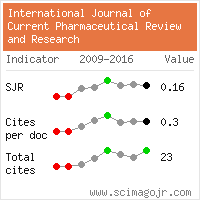Vector born diseases, especially mosquito born diseases are increasing day by day due to environmental changes. This may adversely affect the socio-economic realms of the developing countries. One of the best remedies to overcome mosquito born diseases is to reduce the mosquito populations by using insecticides and larvicides. However, the use of chemical insecticides has some disadvantages. They may increase the chance of insecticide resistance and environmental pollutions. As an alternative, plant based drugs are preferred because they are safer than synthetic insecticides and larvicides. In this study, twelve different plants collected from the Kuttand areas of Alappuzha District of Kerala State were used for studying their larvicidal activity against 3
rd and 4
th instar larvae of dengue vector, the
Aedes sp. The larvicidal activity was assessed by standard procedure, as described by the WHO, but with a slight modification. The results of the study showed that among the various extracts tested, only the methanolic extract of flowers of
Ipomoea cairica was powerful to inhibit the growth of all the tested larvae (100%) at a concentration of 0.4 mg/ml. Its methanolic extracts were also showed 95% and 83% of larvicidal activities at a concentration of 0.2 mg/ml and 0.1 mg/ml respectively. Previous studies showed that the leaves of
Ipomoea cairica possess larvicidal activity. But, this study suggests that the methanol extracts of flowers of
Ipomoea cairica possess promising larvicidal activity against the dengue vector larvae of
Aedes species.

